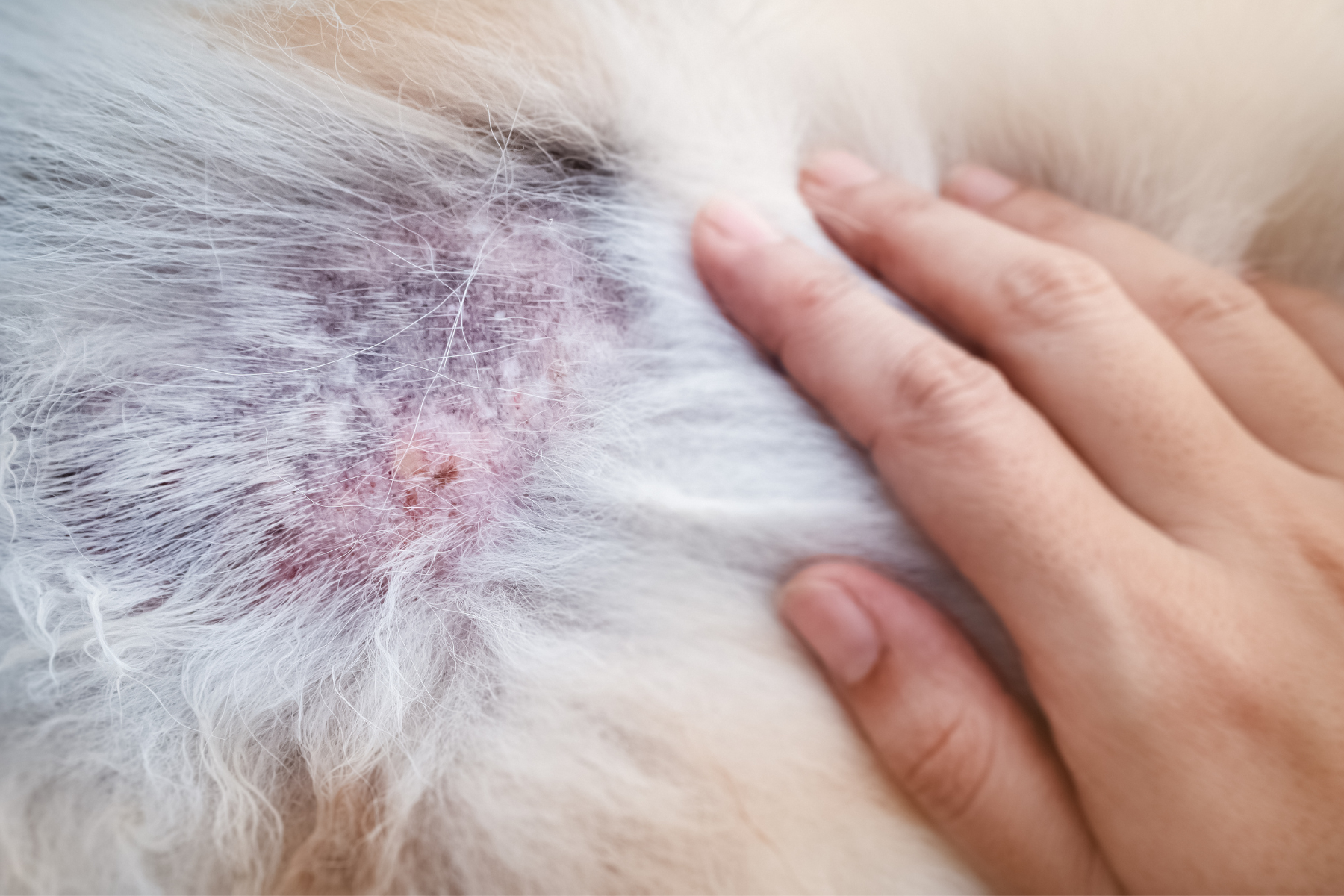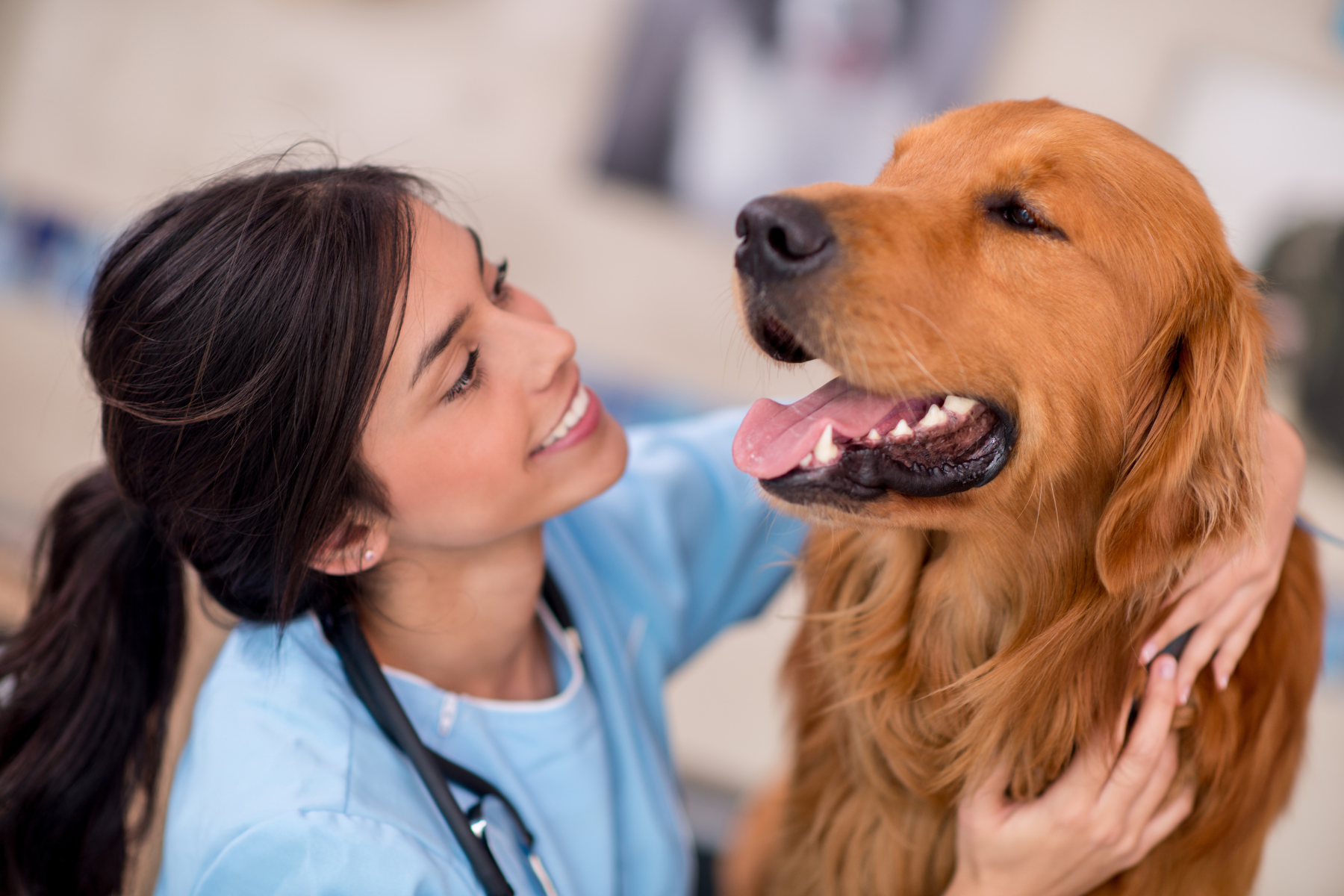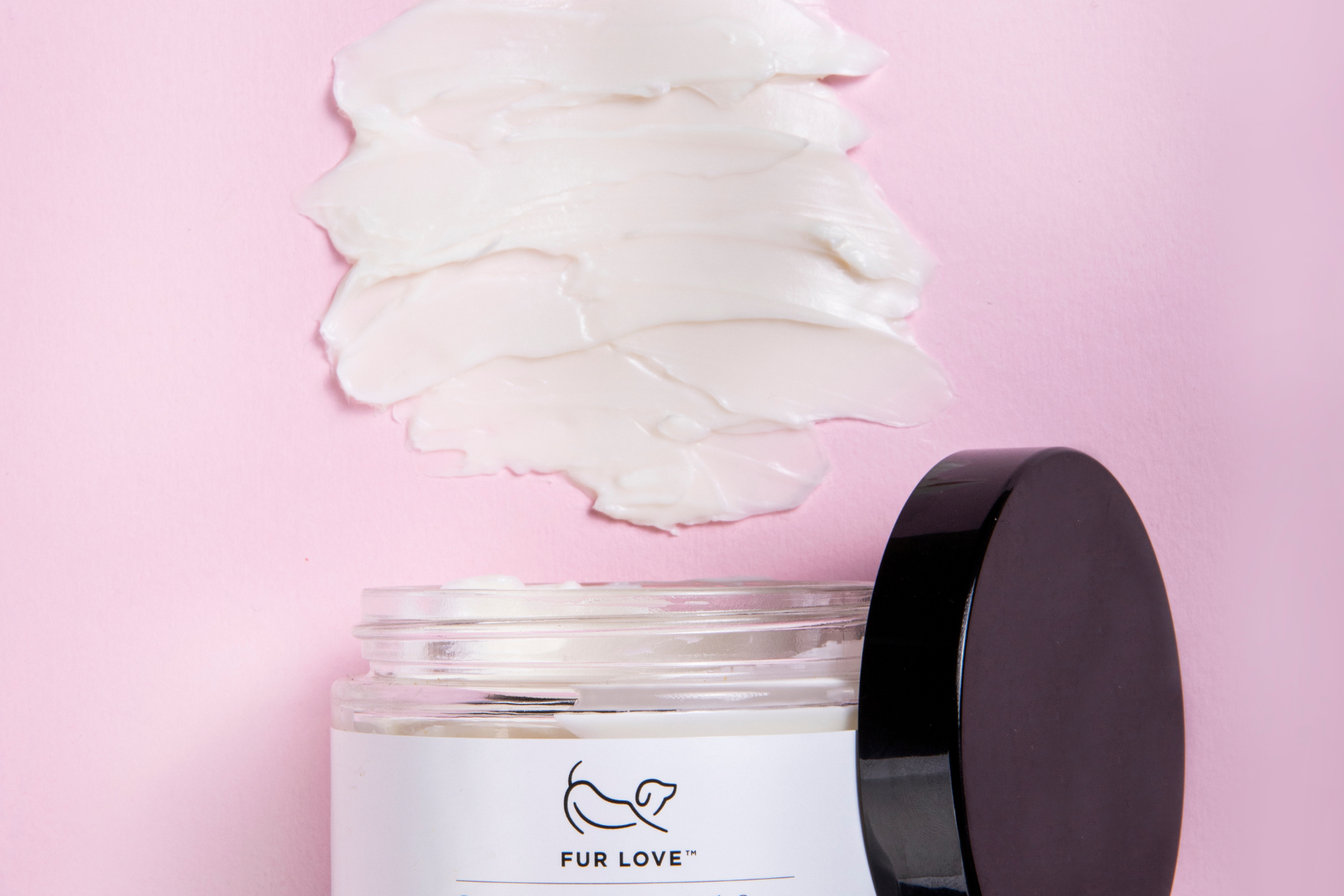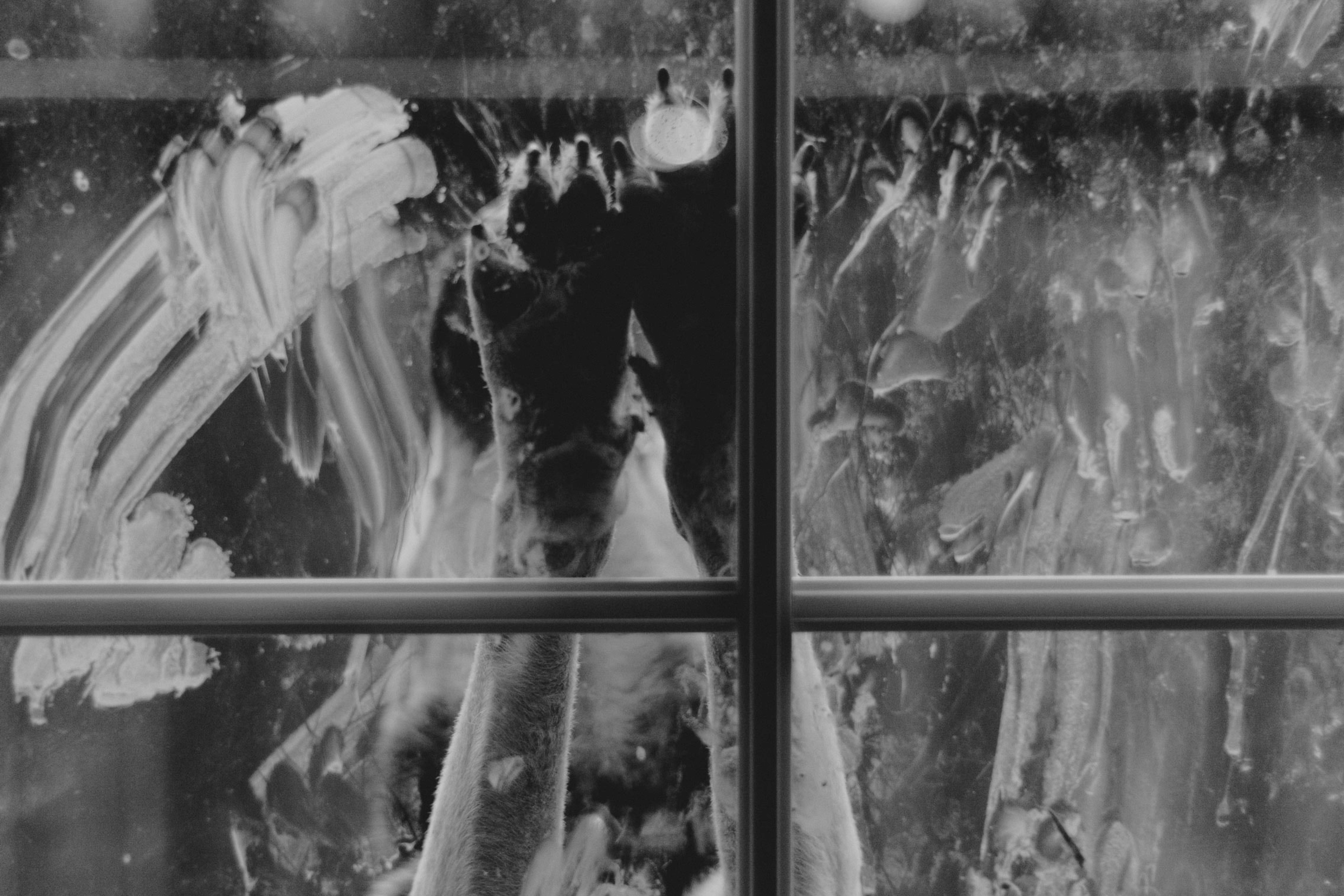Why Is My Dog Licking Its Paws? Common Causes and When to Worry
Seeing your dog licking or chewing their paws may not seem unusual, but when does it become concerning? Occasional paw licking is a normal part of a dog’s grooming habits. They often clean themselves after walks or when they step on muddy or dirty ground. But if your dog is frequently and intensely licking their paws, there could be an underlying issue.

Why Is My Dog Licking Its Paws?
Top Causes for Dog's Licking its Paws
Let's break down some of the common reasons behind this behavior and what you should look for.
- Injury or Pain:
Dogs may begin licking their paws suddenly if they have an injury. Check carefully for cuts, torn nails, or objects like thorns, stones, or salt stuck between their pads. You might notice swelling or tenderness if your pup has walked on a hot surface or stepped on something sharp. For minor injuries, first-aid treatment can help, but serious wounds might need a vet visit. Arthritis or joint pain can also lead dogs to lick their paws to self-soothe. - Skin Irritations and Dermatitis:
If the paw appears fine on the outside, your dog might have a skin condition like dermatitis. Skin irritation can be triggered by environmental allergens, such as certain grasses, weeds, or chemicals like those found in lawn treatments or deicers. Bathing your dog or wiping or soaking their paws with a clean, damp towel using the Soak or Spritz after outdoor play can minimise irritation. Incorporating a moisture balm can help reduce redness, itchiness and aid in protecting the skin barrier from the allergens. Dogs can also suffer from contact dermatitis if exposed to irritating substances. Keeping their paws clean, moisturised and monitoring reactions to new environments is key. If persistent itching continues, a visit to your vet can help pinpoint allergens. - Allergies: Food and Environmental:
Food allergies in dogs can manifest as itchy paws, often causing incessant licking. Common culprits include chicken, beef, soy, dairy, or wheat. If you suspect a food allergy, consult your vet, who may recommend an elimination diet or hypoallergenic foods to identify the trigger. Environmental allergies from pollen, mould, or dust mites are also frequent causes. Watch for signs like paw redness, ear infections, or skin rashes that could indicate a more systemic allergic response. A vet can prescribe medications to manage symptoms or suggest lifestyle changes. Incorporating a skin routine is key to keeping the skin barrier strong and resilient. - Parasites:
Fleas, ticks, and mites are more than just nuisances; they can cause severe itching and discomfort, prompting your dog to lick or bite at their paws. Regularly inspect your dog’s paws and fur for signs of these parasites, and use veterinarian-approved preventatives to protect your pet. If you notice signs like excessive licking, visible parasites, or hair loss, your vet can prescribe appropriate treatments. - Behavioral Factors: Anxiety and Boredom:
Sometimes, paw licking isn’t about physical discomfort but emotional stress. Dogs may lick their paws to cope with anxiety, boredom, or compulsive behaviours. Separation anxiety, fear of loud noises, or lack of mental stimulation can all trigger this behaviour. To combat this, increase your dog’s exercise and playtime, provide puzzle toys, or create a calming environment. For severe cases, consulting with a veterinary behaviourist may help. - Risk of Secondary Infections:
Excessive licking can lead to bacterial or yeast infections, as moisture builds up and creates an ideal environment for bacteria. Symptoms may include redness, swelling, odour, or further paw irritation. These infections often require prescription medication, like anti-fungals or antibiotics, to resolve. It’s crucial to address your dog’s paw licking early. Left untreated, it can become a more complex problem, causing further pain and discomfort. Your veterinarian might recommend the spritz, hydrating shampoos, or soothing balms to alleviate symptoms while diagnosing the root cause.
Zelda's Paw Story:

Zelda the jack russel x bichon frise dog for one year had irretractable paw inflammation requiring vet visits and medication but they could never get the irritation under control.
Four weeks later, Zelda's fur started to grow back, her paws were less pink and less reactive to running outside. Zelda is happier due to not having itchy paws that would make her excessively lick and chew her paws.
PAWCARE ROUTINE:
Step 1: Paw & Body Soak soaks especially after running on grass or on low activity days a Spritz wipe daily.
Step 2. (After a Paw Soak day) Apply the Conditioning Fur Mask.
Step 3: Moisture Balm AM & PM






